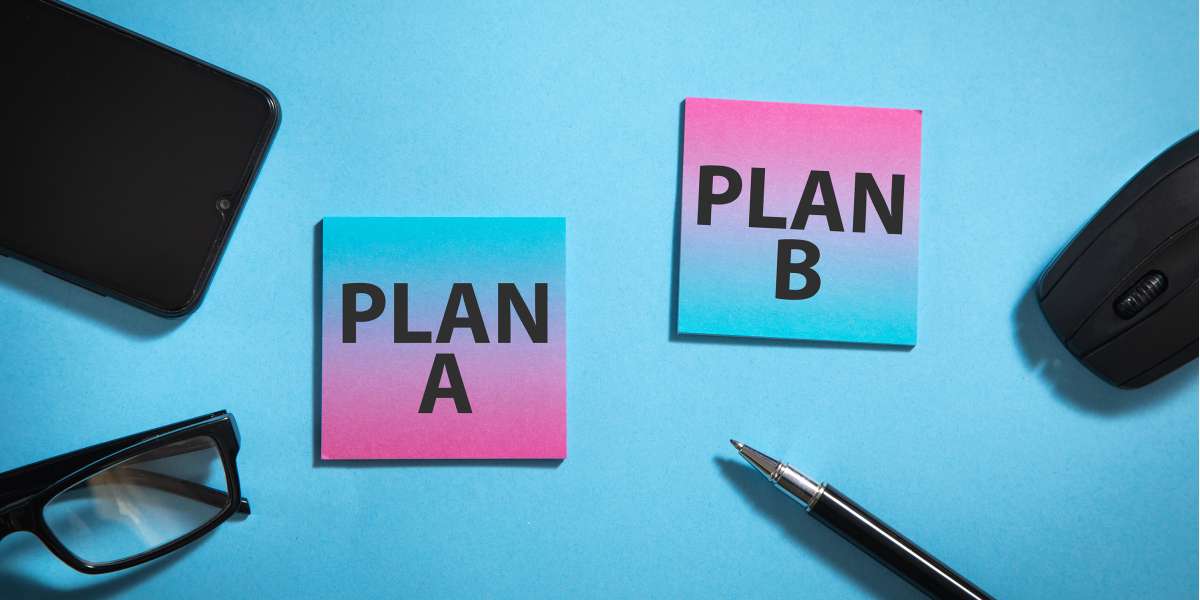You’ve studied the charts, you’ve decided your risk, you’ve made your plan. Now it’s time to execute, and instead, you freeze. There is an old Yiddish expression that goes: “der mensch tracht un Got lacht”. When man plans, God laughs. When it comes to trading, this is certainly true. And it’s not because planning doesn’t work, it’s because oftentimes the path things take never quite looks exactly how we expect, and there is one thing we forget to plan for. How we will feel when the time to execute comes. The rush of adrenaline, the fear and volatility around us, the expectations we put on ourselves to perform, the fear of being wrong, messing up, letting ourselves or others down. When we plan we are technical, logical. When we execute, we are humans trying to rise above our deepest fears.
It’s easy to say trade like a robot. But most things are easier said than done. So what can we do to train our bodies to act in accordance with our principles?
First and foremost - risk management. Making sure we use our tools of pattern interrupt both when we think about how much we can make in a trade (will make us greedy or go in too big), and using capital that does not cause excessive fear - we can increase this overtime as we trade, and push the edge a little more as we train ourselves.
Second, we can train ourselves like athletes do.. I think one of the most underrated sports is the biathlon - cross country skiing and shooting. It’s not fancy tricks or very showy like aerial skiing. However, the cross country ski portion jacks up the heart rate and the breathing, and then the athlete immediately has to still and calm their entire body in order to shoot smoothly. According to neuroscientists, we actually have two adrenaline pathways in our bodies - one in the lower body, and one in the brain. And we can learn to control stress responses by training our brain’s adrenaline not to fire too hard even when our body does through the use of the techniques below.
Breathing techniques, journaling exercises, visualizations, ice baths, interval training, raising one's heart rate and then doing a series of math questions are all training techniques that can be used in order to focus our minds away from what the body is feeling in the moment.
TCG is actually one of these tools. When things are volatile in the markets, we have to narrow in, focus on the price action and let others know in real time what is happening. This immediately forces our brain to go to it’s helping/logical side rather than letting the adrenaline get out of hand.
It’s easy to plan when we’re calm. But then you have to train to execute.


